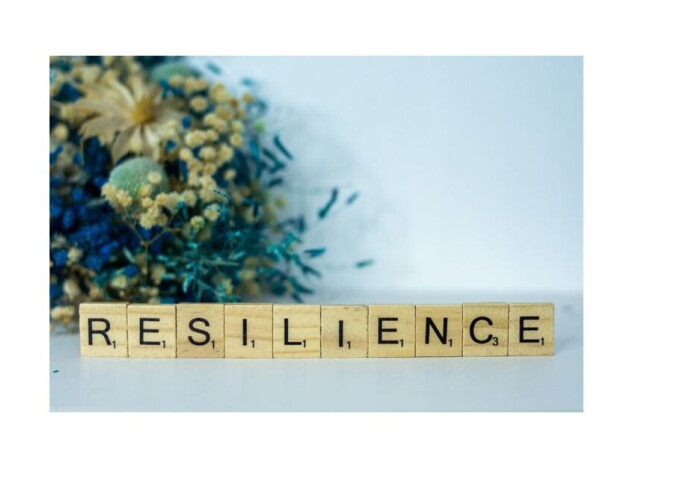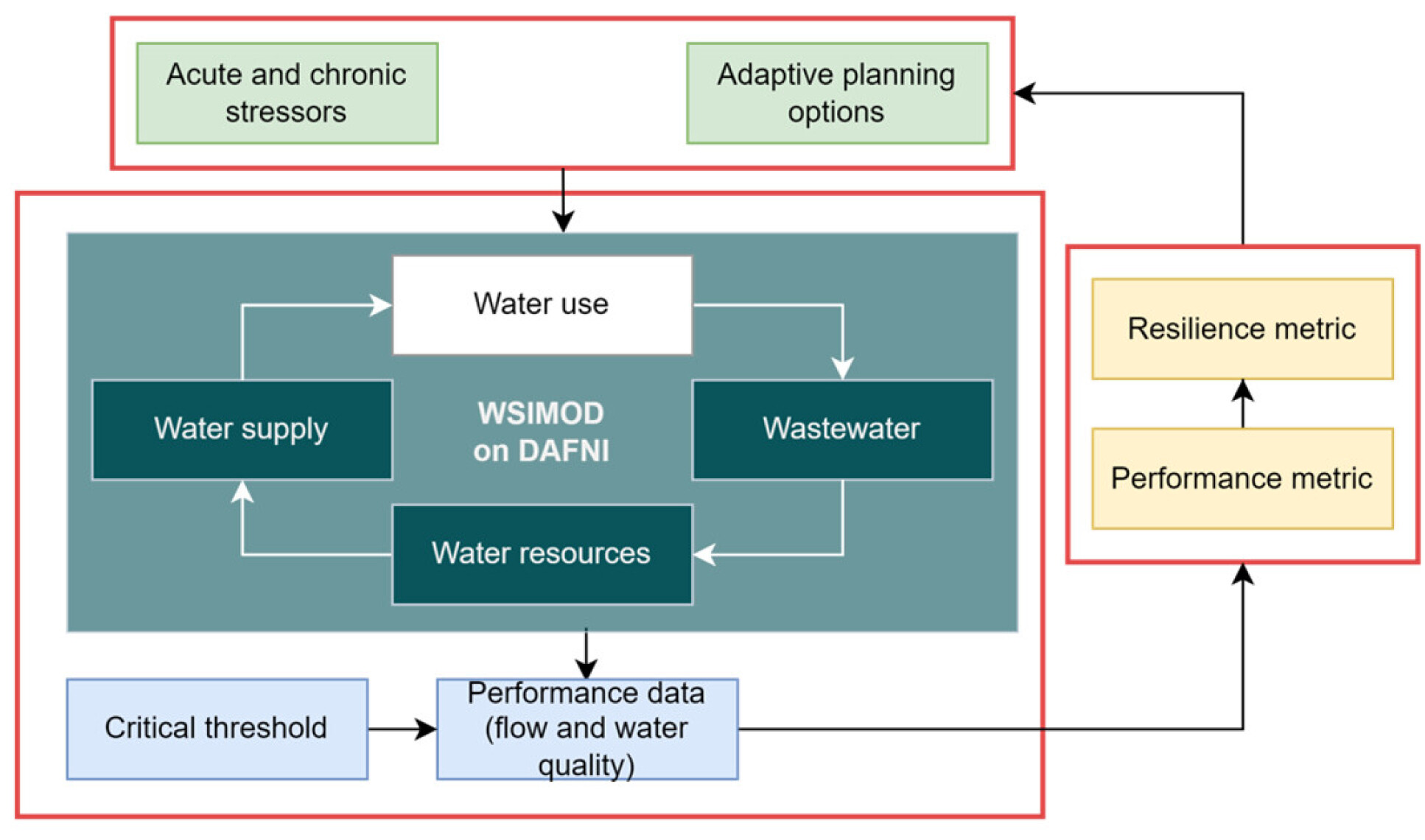Resilience scenarios for Integrated Water Systems - £330K DAFNI funded project

Resilience scenarios for Integrated Water Systems - £330K DAFNI funded project
CSEI’s Director Dr Ana Mijic will lead a new DAFNI-funded research project to help make water management systems more resilient.
The project combines state-of-the-art integrated modelling of water systems with novel resilience analysis informed by project partners. To deliver the project, we have created a team of researchers and engagement experts from Imperial College London’s Department of Civil and Environmental Engineering and Centre for Systems Engineering and Innovation who are ideally placed to lead, implement, and disseminate the project, thus ensuring impact.
The RIWS team comprises:
Dr Ana Mijic – PI
Dr Barnaby Dobson – Researcher
Dr Jeni Giambona – Engagement Lead
Dr Leyang Liu – Research Associate
The research will answer the following critical question:
“What resilience scenarios for integrated water systems can we use to evaluate resilience metrics through a systems approach and thus inform adaptive planning?”
It will do so by developing resilience scenarios that enable a range of stressors and resilience-related metrics to be defined and used to design adaptive planning options for an integrated water system (Figure 1).

Figure 1. Overview of the RIWS development framework
These scenarios will be developed through WSIMOD, a tool for integrated water systems assessment which has been developed at Imperial College London to simulate the whole-water system. It evaluates performance at a systems level by quantifying flow and water quality indicators for built (rural and urban) and natural (rivers and groundwater) water system components. The tool has already been applied to a range of water management case studies, an example of which is described in the Working Paper Systems Approach to Regional Water Planning working Paper. RIWS will expand the WSIMOD capabilities through the DAFNI platform.
The project will look at the Lea Valley catchment as a case study that captures the complexity of an integrated water system. Greater London Authority (GLA), Thames Water and Affinity Water will be closely involved in the project. The work will be further supported by the Environment Agency.
RIWS directly addresses the current research questions in the area of resilience in the natural and built environment which are part of the overarching UKRI programme Building a Secure and Resilient World (BSRW). Project findings will help build capacity to advise policy makers, local councils and private companies with the analysis and scenario-planning vital to ensure the UK is prepared for sudden impacts such as water shortages. The nature of the project should support overall improvements to environmental quality and community engagement in decision making.
For more information or to get involved contact Dr Jeni Giambona, j.giambona@imperial.ac.uk
Article text (excluding photos or graphics) © Imperial College London.
Photos and graphics subject to third party copyright used with permission or © Imperial College London.
Reporter
Jeni Giambona
Department of Civil and Environmental Engineering